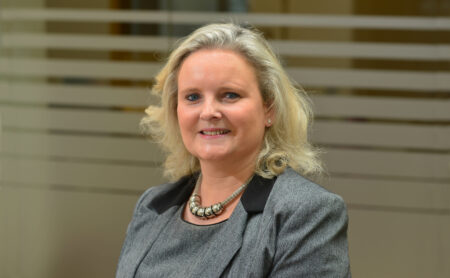12 November 2022
By Tom Collins
tom@TheCork.ie
Legislation around Enduring Powers of Attorney is set to change later this year
People are being warned of the risks of not making a will and the impacts this can have on dependents, especially in the case where both parents are deceased.
Without a will, a person’s estate will be distributed between family members which may not be the most tax efficient means of dividing a person’s assets. People are also being made aware of the tax rules on the inheritance of assets and the tax thresholds available to people depending on their relationship to the deceased. Under current legislation when inheriting a house, spouses are tax free while children are tax free up to €335,000 each.
The message comes during the second episode of a podcast by Cork based financial services firm Provest, called Money Matters.
Speaking on the podcast, Anne Marie Linehan, partner at J.W. O’Donovan, Solicitors, “We spend so much time investing for our future and trying to provide for our children so it’s a very simple way to do that – we watch our utilities and mortgage so regularly and our will should be treated the same way. We should be reviewing it every couple of years unless your circumstances change dramatically such as a separation or divorce. There are ways of making the will more tax efficient and Provest can help with that.”
People who are planning to make a will are encouraged to make a list of all their assets beforehand and these include a person’s property, their bank accounts and where they are, insurance policies and pension policies.
“This is very useful as it points people in the direction of where your assets are in the event of the unthinkable happening,” said Ms. Linehan. “There are a lot of unclaimed assets in this country such as bank accounts and policies because executors don’t know about them. If you do the exercise once it’s worth the effort because you can update it very simply.”
Provest, which is based in Douglas, Cork City offers personlised financial advice to private and corporate clients on a range of items from pensions, investments, retirement planning and life cover.
Una Jennings of Provest says that a will is an extremely important document and people should be aware of what happens to their assets if they die and there is no will.
She said, “If a person dies and they haven’t made a will their estate, which is made up of their home and financial assets, will be distributed to their family members but they may not be divided in the way you would have hoped for and it won’t be the most tax efficient way of distributing your assets either. So we would advise everyone to consider making a will, especially if you have children.”
Ms Linehan also highlighted that the legislation around Enduring Powers of Attorney is set to change later this year. Under the current law, a person can appoint someone to take control of their personal care decisions, property and financial affairs in the event that they lose their mental capacity. The government passed legislation in 2015 as a result of an EU Directive on Human Rights Law and it was due to go live on the 21st of November, 2022. However, that date has been delayed indefinitely.
This new law will introduce different levels of decision making assistance for people and someone who has been appointed as an attorney will have more onerous duties such as financial reporting obligations. But Ms Linehan said there is one major benefit of the new legislation with the introduction of a new Advance Healthcare Directive where a person will be able to appoint someone to make decisions on their behalf about refusal or request for treatment where they lack capacity, which was not possible in the past.
The podcast Money Matters is available on spotify and apple podcasts.


